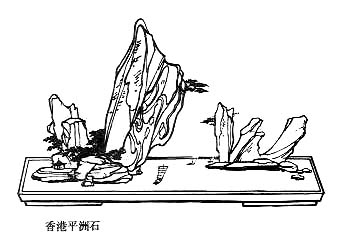詩
經
Shi Jing 
 – The Book of Odes
– The Book of Odes
The oldest collection of Chinese poetry, more than three hundred songs, odes and hymns. Tr. Legge (en) and Granet (fr, incomplete).
Shijing II. 2. (173)
How long grows the southernwood,
With the dew lying on it so bright !
Now that I see my noble men,
My heart is entirely satisfied.
As we feast, we laugh and talk ; –
It is right they should have fame and prosperity !
How long grows the southernwood,
With the dew lying on it so abundantly !
Now that I see my noble men,
I appreciate their favour and their brightness.
Their virtue is without taint of error ; –
May they live long, and not be forgotten !
How high is the southernwood,
All wet with the fallen dew !
Now that I see my noble men,
Grandly we feast, delighted and complacent.
May their relations with their brothers be right !
May they be happy in their excellent virtue to old age !
How high is the southernwood,
With the dew lying on it so richly !
I have seen my noble men,
With the ends of their reins hanging down,
With the bells tinkling on their cross-boards and bits.
May all happiness gather upon them.
Legge 173

The Book of Odes – Shi Jing II. 2. (173) – Chinese on/off – Français/English
Alias Shijing, Shi Jing, Book of Odes, Book of Songs, Classic of Odes, Classic of
Poetry, Livre des Odes, Canon des Poèmes.
The Book of Odes, The Analects, Great Learning, Doctrine of the Mean, Three-characters book, The Book of Changes, The Way and its Power, 300 Tang Poems, The Art of War, Thirty-Six Strategies
Welcome, help, notes, introduction, table.
Index – Contact – Top
